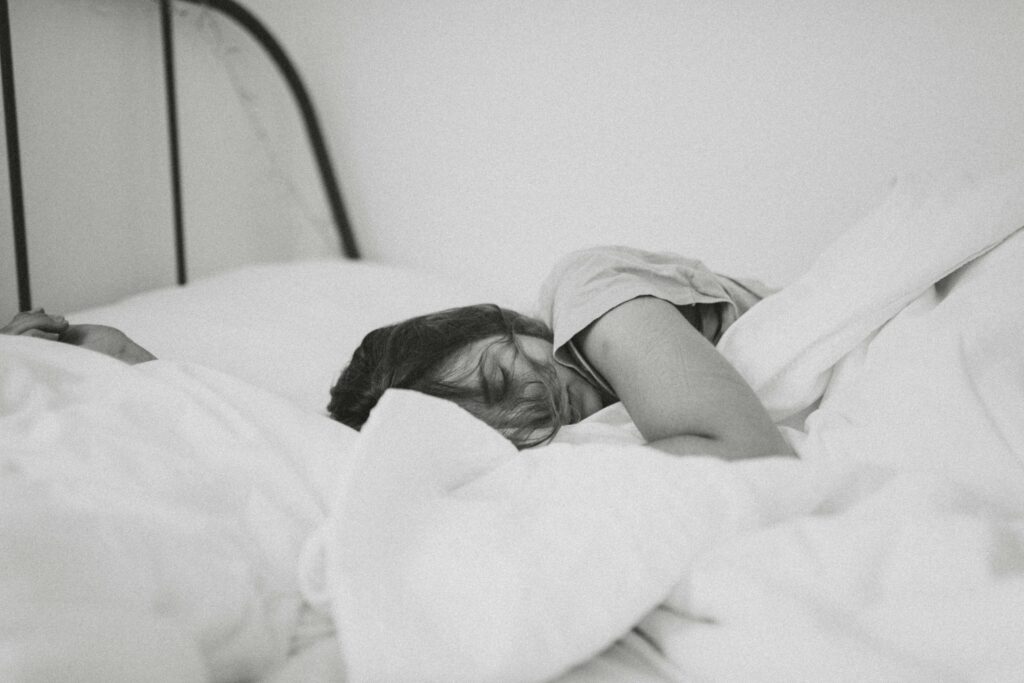SPOILER ALERT!
~ Sleep deprivation affects the amygdala, a brain region involved in emotion processing.
~ Sleep deprived individuals misread other people’s emotional state or they react to them too slowly.
~ Sleep deprived people tend to avoid looking at faces, which contributes to the misinterpretation of emotions in others.
~ They also tend to perceive others in a negative way, and as a result, they tend to avoid social interactions and wound up isolating themselves
Previous studies reported that sleep loss was associated with increased reactivity towards affective stimuli whether they are positive (e.g., seeing a person laugh) or negative (e.g., seeing a person cry). The amygdala was identified as a major contributor to those reactions, as it is a brain region especially activated when sleep deprived. Located deep in the midbrain, the amygdala plays a central role in emotion recognition, particularly fear and anxiety.
Sleep deprivation disrupts one’s ability to recognize emotions
The present study suggests that sleep deprivation or acute sleep loss could result in problematic social interactions, causing either inaccurate or delayed judgment of others’ emotional states or worst perceiving others negatively. Support for that assertion is the finding showing that sleep deprived participants spent less time fixating faces, making it more difficult to recognize emotional facial expressions.
Notably, the ability to recognize a facial expression relies mainly on observing the mouth and the eyes; however when sleep deprived individuals will spend less time observing those areas, thereby increasing the likelihood of making an error in judgment. The authors reason that sleepiness and reduced attention could be responsible for this deficit.
Sleep deprived people tend to perceive others in a negative way
Of particular interest is the finding implicating the amygdala. Indeed, sleep deprived people show greater activation of the amygdala with negative faces (e.g., faces showing anger and fear), which was also associated with decreased trustworthiness and attraction towards those faces. In other words, negative facial expressions were deemed dangerous by the sleep deprived participants.
As a result of this misperception, sleep deprived individuals tend to isolate themselves and withdraw from social interactions, thereby increasing the risk of becoming socially isolated. On a positive note, the effects of sleep deprivation disappear once sleep is restored.
Reference:
van Egmond, L. T., Meth, E., Bukhari, S., Engström, J., Ilemosoglou, M., Keller, J. A., Zhou, S., Schiöth, H. B., & Benedict, C. (2022). How Sleep-Deprived People See and Evaluate Others’ Faces: An Experimental Study. Nature and science of sleep, 14, 867–876. https://doi.org/10.2147/NSS.S360433

